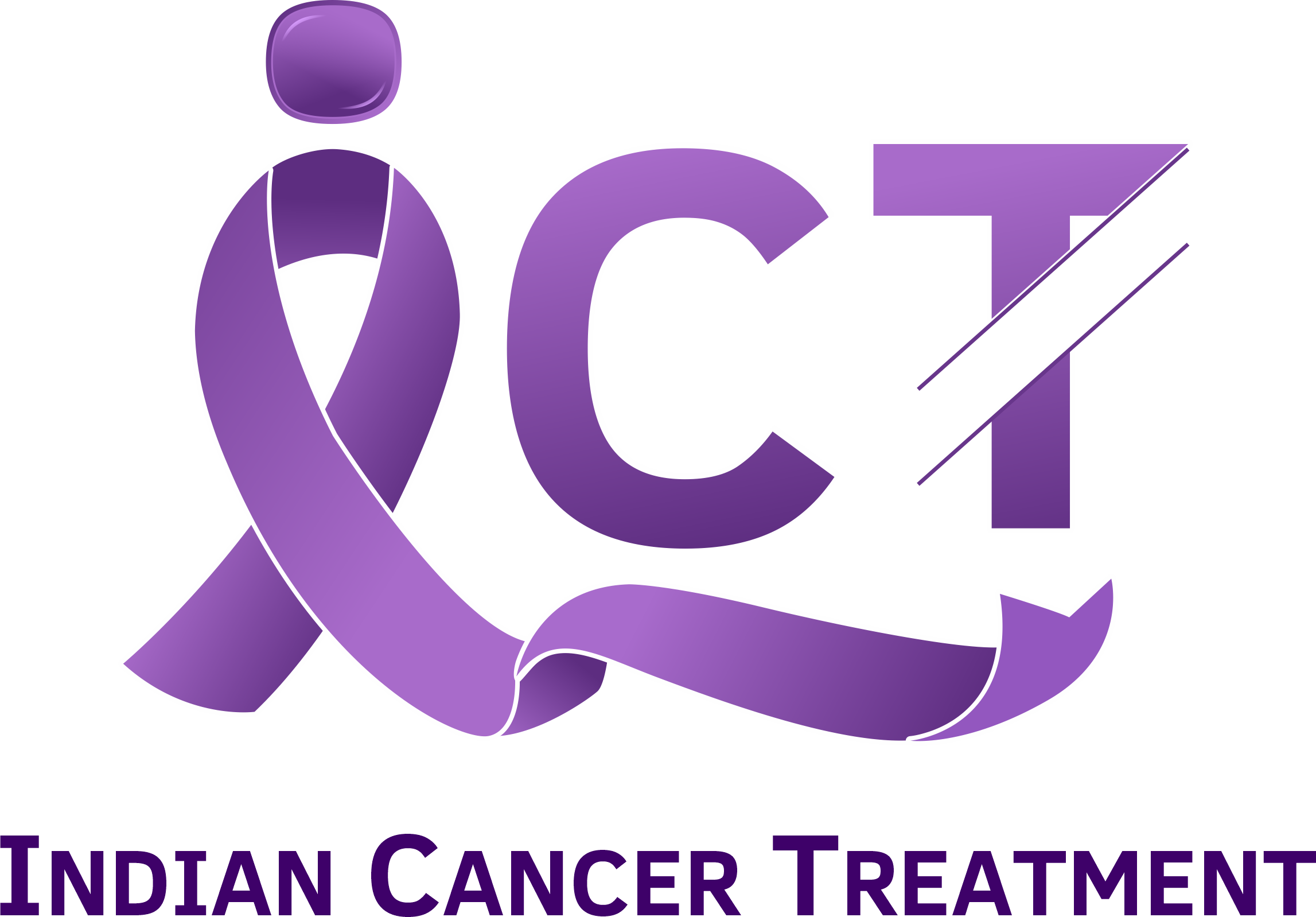Understanding Cancer:
- What is Cancer?
- Cancer is a complex group of diseases characterized by the uncontrolled growth and spread of abnormal cells in the body. These abnormal cells can form tumors, invade nearby tissues, and metastasize to other parts of the body.
- How Does Cancer Develop?
- Cancer develops when normal cells undergo genetic mutations that cause them to grow and divide uncontrollably. These mutations can be caused by various factors including:
- Genetic predisposition: Inherited mutations that increase the risk of cancer.
- Environmental factors: Exposure to carcinogens such as tobacco smoke, UV radiation, pollutants, and certain chemicals.
- Lifestyle choices: Factors like poor diet, lack of physical activity, excessive alcohol consumption, and tobacco use can contribute to the development of cancer.
- Viral infections: Some viruses, such as human papillomavirus (HPV) and hepatitis B and C viruses, can increase the risk of certain cancers.
- Cancer develops when normal cells undergo genetic mutations that cause them to grow and divide uncontrollably. These mutations can be caused by various factors including:
- Common Types of Cancer:
- There are more than 100 different types of cancer, each classified based on the type of cells that are affected. Some of the most common types include:-
- Breast Cancer: Occurs in the cells of the breast tissue and can affect both men and women.
- Lung Cancer: Develops in the lungs, usually in the cells lining the air passages.
- Prostate Cancer: Affects the prostate gland in men and is one of the most common types of cancer in men.
- Colorectal Cancer: Arises in the colon or rectum and often develops from precancerous polyps.
- Skin Cancer: The most common type of cancer, which includes basal cell carcinoma, squamous cell carcinoma, and melanoma, often caused by exposure to UV radiation from the sun or tanning beds.
- Leukemia: Cancer of the blood or bone marrow, characterized by the overproduction of abnormal white blood cells.
- Lymphoma: Affects the lymphatic system, including lymph nodes and lymphoid tissues, and can be Hodgkin lymphoma or non-Hodgkin lymphoma.
- Pancreatic Cancer: Develops in the pancreas and is often diagnosed at an advanced stage, making it challenging to treat.
- Ovarian Cancer: Occurs in the ovaries and is often diagnosed at a late stage due to nonspecific symptoms.
- There are more than 100 different types of cancer, each classified based on the type of cells that are affected. Some of the most common types include:-
Understanding these basics helps individuals comprehend the nature of cancer, its causes, and the importance of early detection and treatment. It also underscores the need for ongoing research and education to improve prevention, diagnosis, and treatment outcomes for various types of cancer.
@ RB



